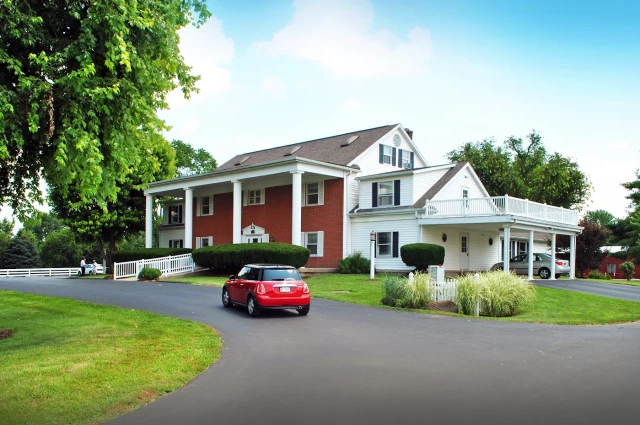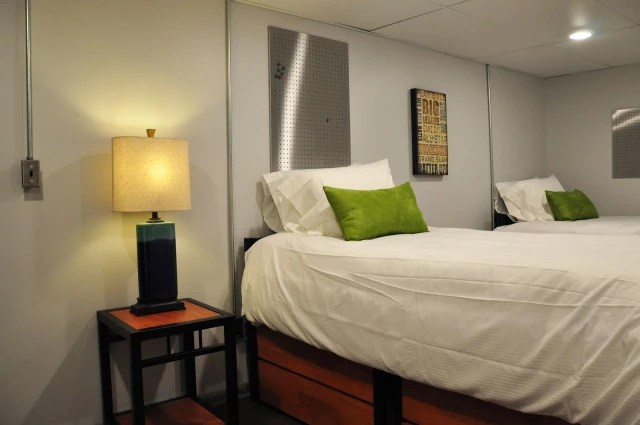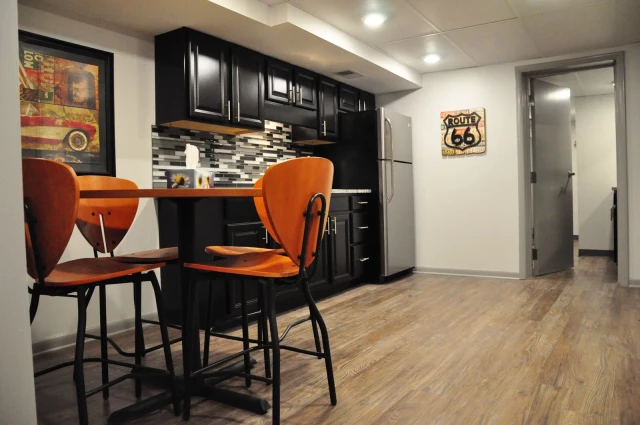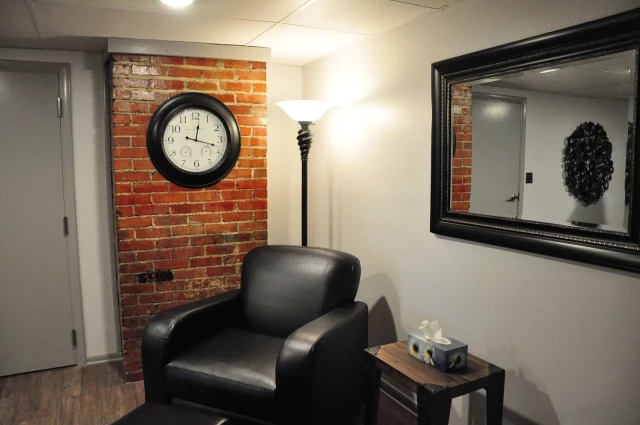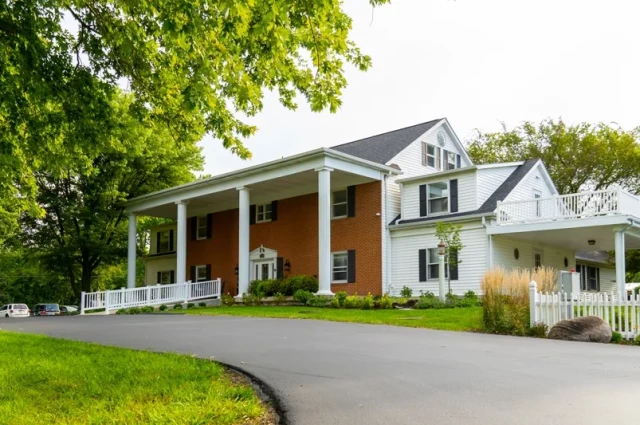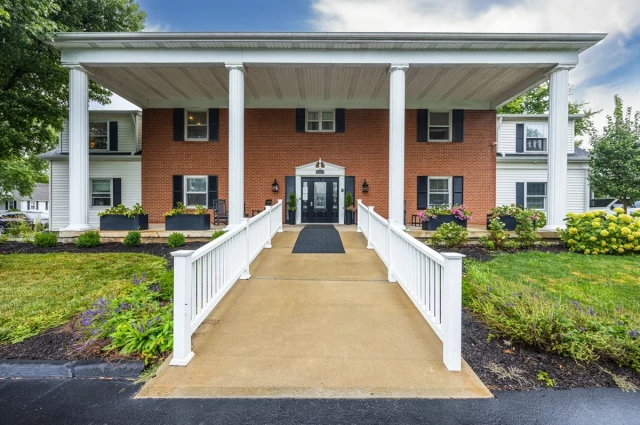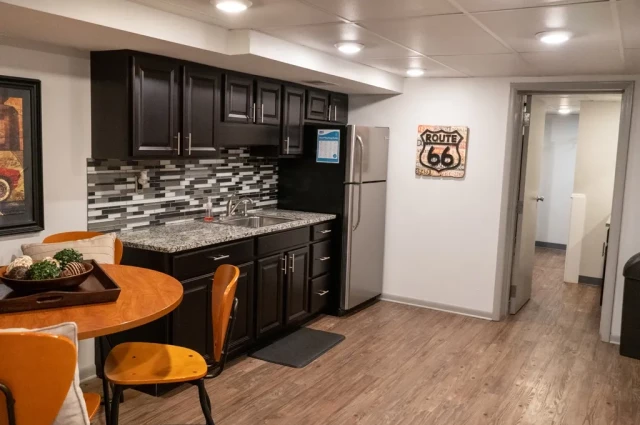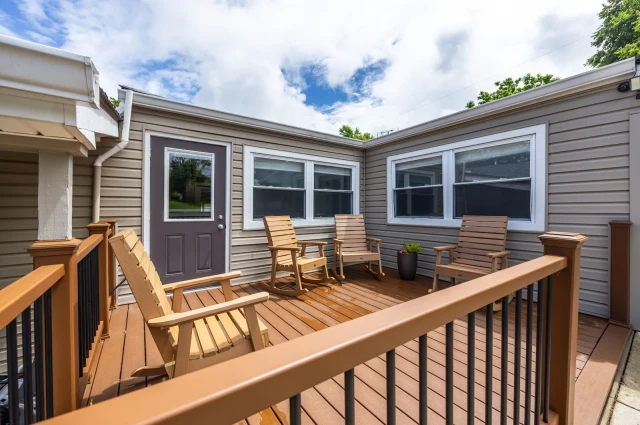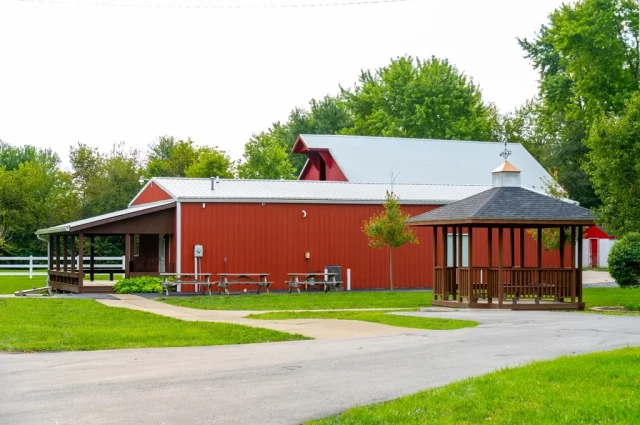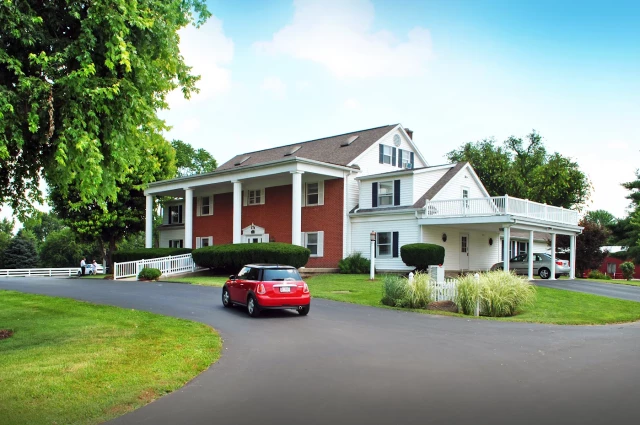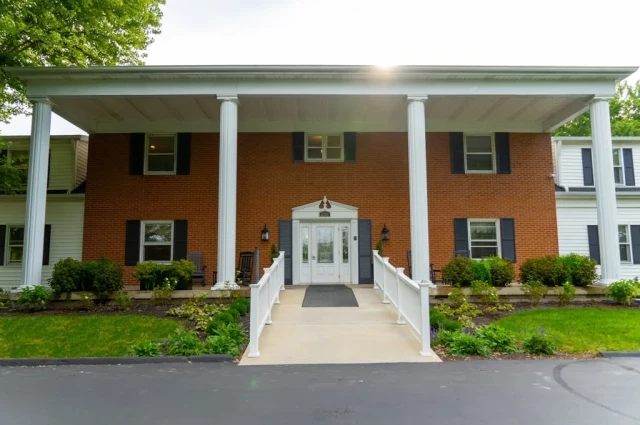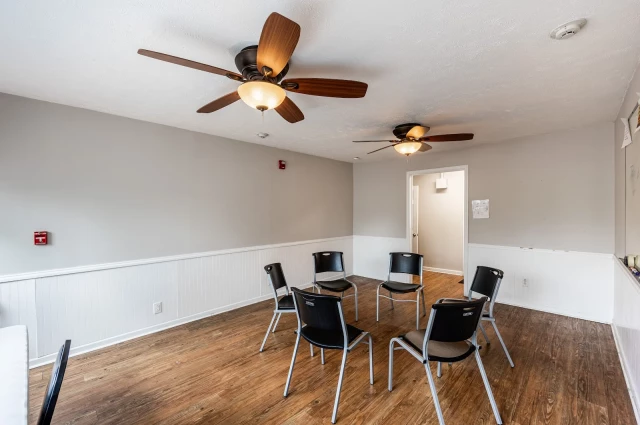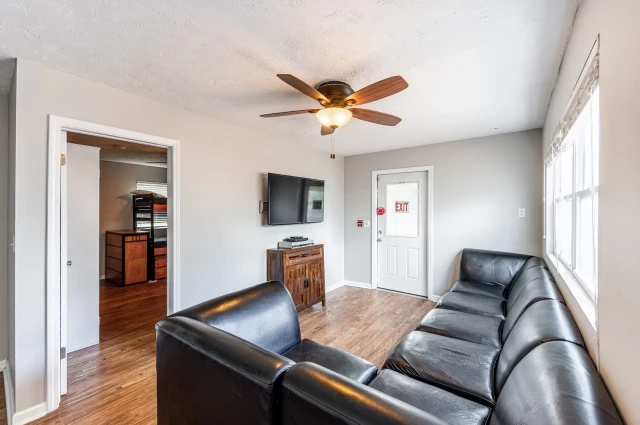Since 1985, individuals have been assisted in overcoming drug and alcohol addiction at the Tara Treatment Center, which is situated on 13 peaceful acres near Franklin, Indiana. This opulent rehab center provides detoxification, inpatient treatment, outpatient care, and aftercare assistance in a tranquil setting that allows patients to concentrate on their healing. In order to maintain the program's accessibility for those in need, clients have the option of paying for their therapy out of pocket or using private insurance.
Tara Treatment Center's dedication to all-encompassing recovery is what makes it unique. The center's strategy extends beyond just treating the outward signs of addiction; instead, it focuses on assisting people in taking back control of their physical, mental, emotional, and spiritual life. In order to do this, the institution combines evidence-based treatment techniques, psychoeducational teaching, and the 12-Step model of recovery. This all-encompassing approach to therapy aims to provide patients the tools they need to completely reconstruct their life.
The residential program provides accommodations that are tailored to the genders, with distinct spaces that are meant to feel cozy and comfortable for men and women. The program lasts for 30 to 42 days, during which time the majority of participants participate in daily small group sessions, individual therapy, contemplation time, and outdoor activities. The rural location of the institution offers a peaceful environment for treatment, which improves the therapeutic experience even more.
Tara Treatment Center provides both general and intense outpatient treatments for those in need of ongoing assistance after their residential stay. Over the course of nine weeks, these programs often include weekly counseling sessions, which aid clients in making a smooth transition back into their regular life while continuing their rehabilitation. Numerous previous patients express gratitude for their time spent at Tara, sharing testimonies of how the center transformed their life. One patient even claimed that Tara was the reason she was able to get sober after 38 years of trying.
The team at Tara Treatment Center is devoted to meeting the requirements of its patients, establishing a welcoming environment that promotes success and comfort. The Joint Commission has certified the institution, but the clients and families whose lives have been changed by the care they get at Tara are the ones who give it the most acclaim.
Tara Treatment Center has a solid reputation as a reliable resource for those seeking addiction rehabilitation because of its dedication to quality and holistic therapy.
Tara Treatment Center Information
Treatment
Who We Treat
- Male and Female
Treatment Focus
- Alcohol
- Co-Occurring Disorders
- Drug Addiction
Approaches
- 12-Step-Based
- Evidence-Based
- Twelve Step
- Family Therapy
- Holistic
- Gestalt Therapy
- 1-on-1 Counseling
- Art Therapy
- Equine Therapy
- Relapse Prevention Counseling
Conditions We Treat
- Depression
- Anxiety
- Codependency
- Co-Occurring Disorders
Substances We Treat
- Alcohol
- Benzodiazepines
- Heroin
- Opioids
- Cocaine
- Methamphetamine
- Marijuana/Cannabis
Languages
- English
Aftercare
- Intensive Outpatient Program
- Outpatient Treatment
- Aftercare Group Therapy
- Support Meetings
- Alumni Events & Get-Togethers
Level of Care
- Outpatient
- Intensive Outpatient Program (IOP)
- Outpatient Detox
- Detox
- Residential Rehab
- Co-Occurring Mental Health
Experience
On-Site Amenities
- Access to Nature
- Gardens
- Outdoor Lounge
- Walking Trails
Personal Amenities
- Air-Conditioned Rooms
- Shared Rooms
On-Site Activities
- Yoga
- AA/NA Meetings
- Horseback Riding
Accreditations
-
The Joint Commission
The Joint Commission accreditation signifies that a facility has met rigorous standards of excellence in patient care, treatment, and safety. It assures individuals and healthcare professionals that the accredited facility provides high-quality, evidence-based care for addiction and mental health issues, fostering trust and confidence in their services.

Tara Treatment Center Accepts The Following Insurance Plans
Find the best treatment options. Call our free and confidential helpline today!
